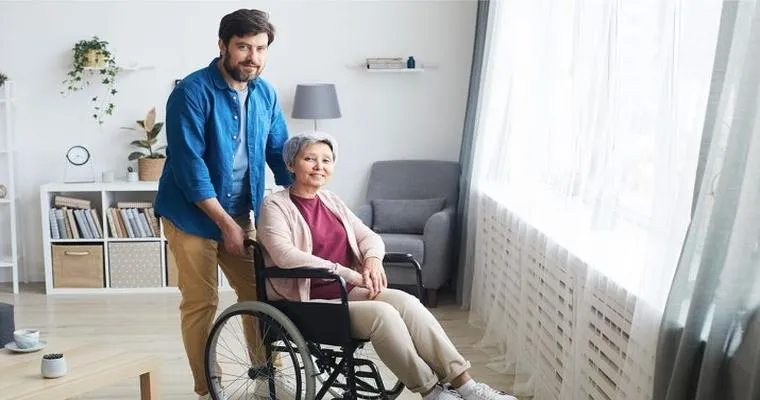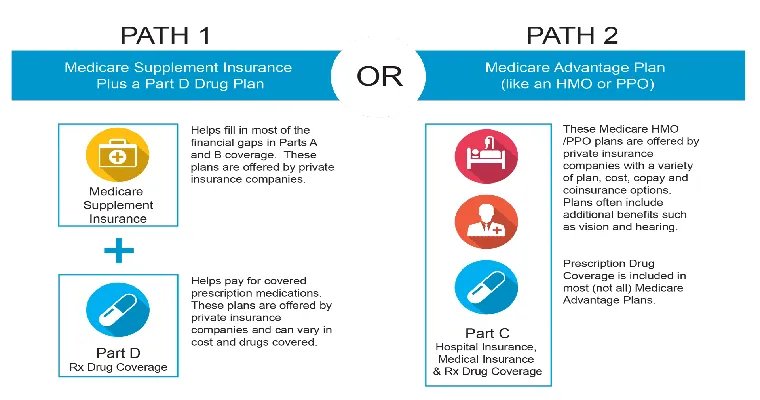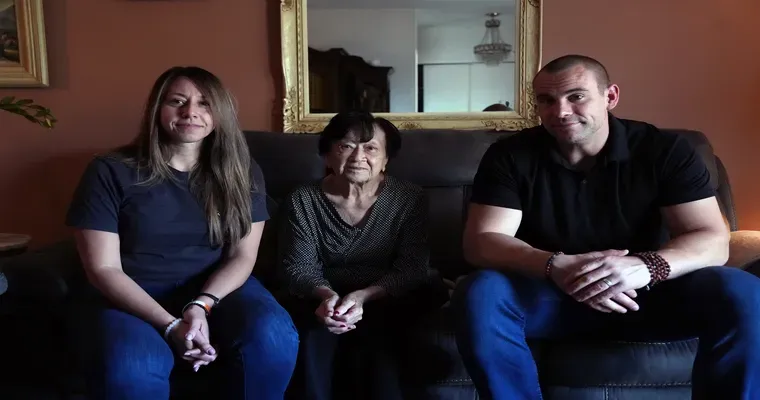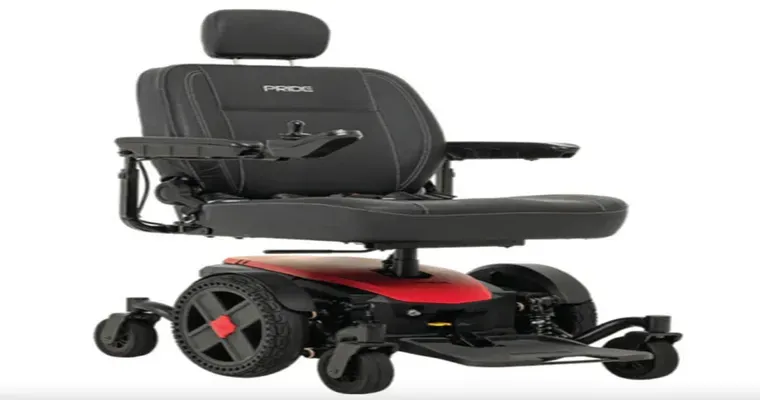Taking care of an elderly loved one can be both rewarding and challenging. If you're wondering, "Can I get paid to take care of my elderly mother on "Medicare"/"Medicaid" full-time?" you are not alone. Many individuals find themselves in a similar situation, seeking ways to provide care while also addressing their financial needs. Understanding the financial support options available through "Medicare" and "Medicaid" can help you navigate this important decision.
Understanding Medicare and Medicaid
Before exploring payment options, it is essential to understand the difference between "Medicare" and "Medicaid". "Medicare" is primarily for individuals aged 65 and older, providing coverage for hospital stays, medical services, and certain home health services. On the other hand, "Medicaid" is a state and federal program that assists low-income individuals, including seniors, with healthcare costs and can cover long-term care services.
Payment Options for Family Caregivers
In many cases, "Medicaid" offers programs that can compensate family members who provide care to their elderly loved ones. These programs vary by state but often include options such as:
1. "Cash and Counseling Programs": Some states have programs that allow family caregivers to receive direct payments for their caregiving services. This offers flexibility in how you can use the funds, whether for personal expenses or caregiving-related costs.
2. "Personal Care Services": If your mother qualifies for "Medicaid", she may be eligible for personal care services that can cover assistance with daily activities like bathing, dressing, and meal preparation. In some cases, this may extend to paying family members for these services.
3. "Home and Community-Based Services (HCBS)": Many states have HCBS waivers that allow for more personalized care in the home. These waivers may provide funding for family caregivers, making it possible to receive compensation for your time and effort.
Eligibility Requirements
To qualify for payment as a caregiver, both you and your mother must meet specific "eligibility requirements". Your mother must be enrolled in "Medicaid" and demonstrate a need for assistance with daily living activities. Additionally, your income and the nature of your caregiving arrangement may affect your ability to receive payment.
Steps to Take
If you are considering becoming a paid caregiver for your elderly mother, here are some steps to follow:
1. "Check Medicaid Eligibility": Ensure that your mother qualifies for "Medicaid" and understands the specific benefits available to her.
2. "Research State Programs": Investigate your state’s Medicaid programs to see what options are available for family caregivers. Each state has different rules and benefits.
3. "Apply for Benefits": If your mother qualifies, help her apply for the necessary benefits through her local Medicaid office. This may involve providing documentation of her health status and care needs.
4. "Document Your Care": Keep detailed records of the care you provide, including hours worked and tasks completed. This documentation may be necessary for obtaining payment.
5. "Consult with Professionals": Consider speaking with a financial advisor or elder law attorney who specializes in Medicaid. They can provide valuable guidance on navigating the complexities of these programs.
Conclusion
Caring for an elderly mother on "Medicare"/"Medicaid" can be a fulfilling experience, and it is possible to receive compensation for your efforts. By understanding the programs available in your state and meeting the necessary eligibility requirements, you can find a way to be paid for the essential care you provide. Always remember to conduct thorough research and seek professional advice to ensure you are making informed decisions for both your mother and yourself.





